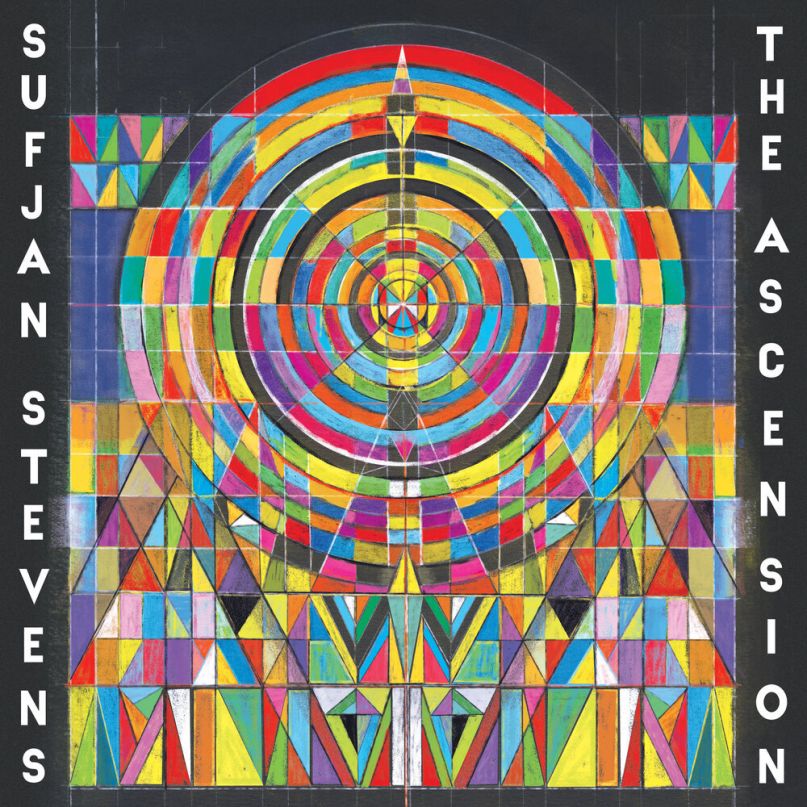Sufjan Stevens released his highly-anticipated fourteenth studio album “The Ascension” on October 1, 2020.
Stevens has long been a staple of the “indie” scene. He has plenty of fans, but his biggest claim to mainstream fame was a single performance at the 2018 Oscars, where he sang a song from the film “Call Me By Your Name.” In a way, this under-the-radar vibe makes Stevens an underdog, one who has produced consistently great music for over a decade. “Illinois,” “Carrie and Lowell,” and “The Age of Adz” are thought to be classic albums by many. This makes Stevens’ newest album, “The Ascension,” especially disappointing.
“The Ascension” sounds like a big bucket of wet sludge. All 80 minutes of this album are chocked full of reverb and delay. The same quirky retro drums, synths, and bass appear with minuscule variations on each of the album’s far-too-long songs. Songs that have interesting concepts, like “Die Happy” (where the same line is repeated over and over for about six minutes), are bogged down by monotonous instrumentation and forgettable melodies.
The few parts that actually sound good, like the beginning of “Goodbye To All That,” quickly fall apart once Stevens’ breathy voice comes in to sing. On the album “Carrie and Lowell,” Stevens’ voice lent a uniquely cold air to a bunch of songs that were already incredibly depressing, but here it feels like his powerless singing takes away from the epic atmosphere he’s trying to cultivate. There are a few times where his vision is realized – the guitar solo on “Landslide,” for example, feels both dreamlike and viscerally passionate – but these moments are few and far between.
From a lyrical perspective, the album appears respectable enough. “Make Me An Offer I Cannot Refuse” effectively describes the feeling of being forced to take part in something you want no part of. Likewise, many of the album’s lyrics have particularly flowery, poetic language, save for a few clumsily blunt lines here and there.

However, for an album that ostensibly tries to be political, the lyrics are just as vague and washed-out as the instrumentals. Everything is painted with such a broad brush that all semblance of commentary is removed, leaving only emotion (or, sometimes, nothing at all).
The final track on this album, bluntly titled “America,” only manages to say two things. First, Stevens regrets being patriotic because his idea of America was false, and this makes him sad. Second, bad things are going to happen. One could consider it an achievement that a 12-minute song says so little. What specifically drew Stevens to be a patriot? What resulted in his change of heart? What will happen next in America? Who knows? Not Stevens, apparently.
Despite all my criticism, “The Ascension” isn’t a horrible album. To its credit, I only found myself getting bored at around track 13 out of 15, and my interest picked back up by the next song. If I wanted to host a housewarming party, I could see myself playing this album at a low volume for its entire duration. It’s not an awful album, but it’s not a good album, either. It’s disappointing.









